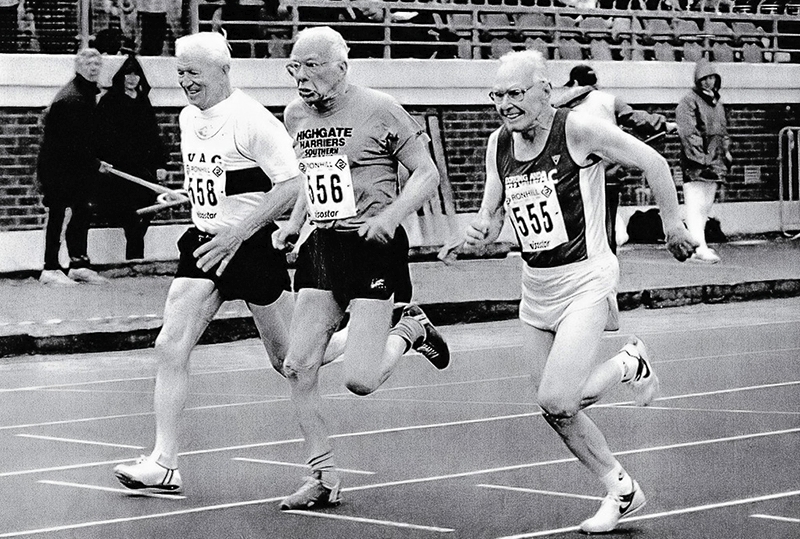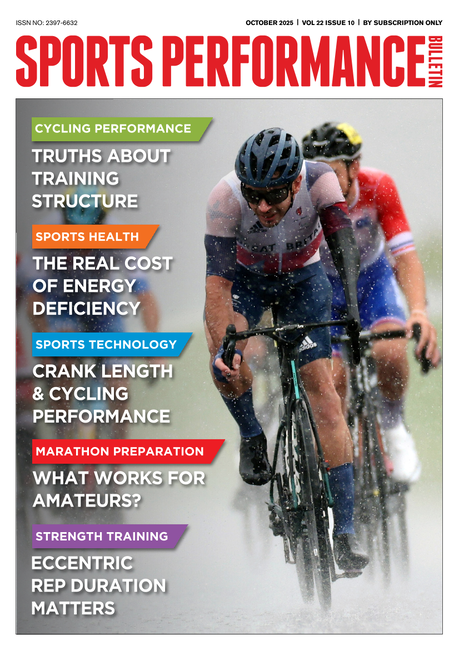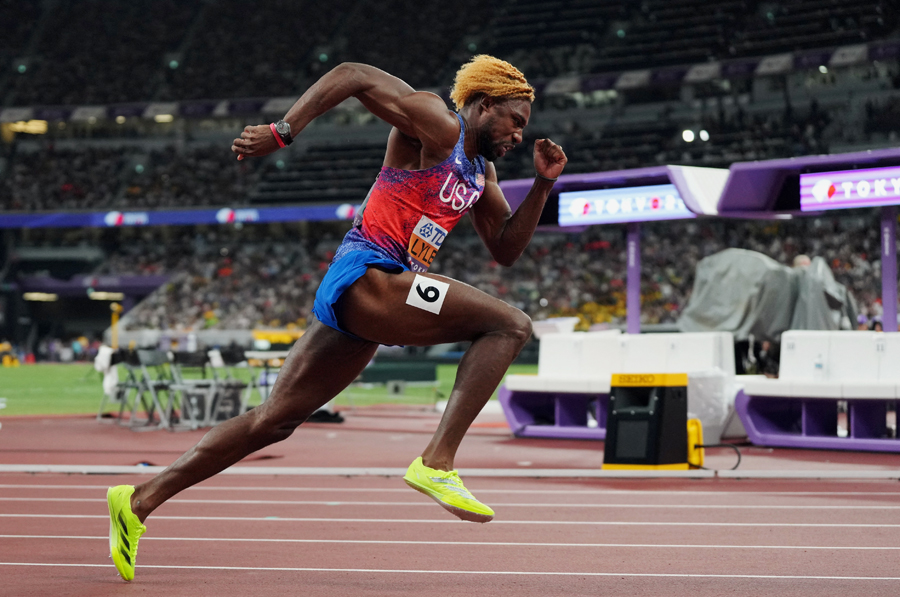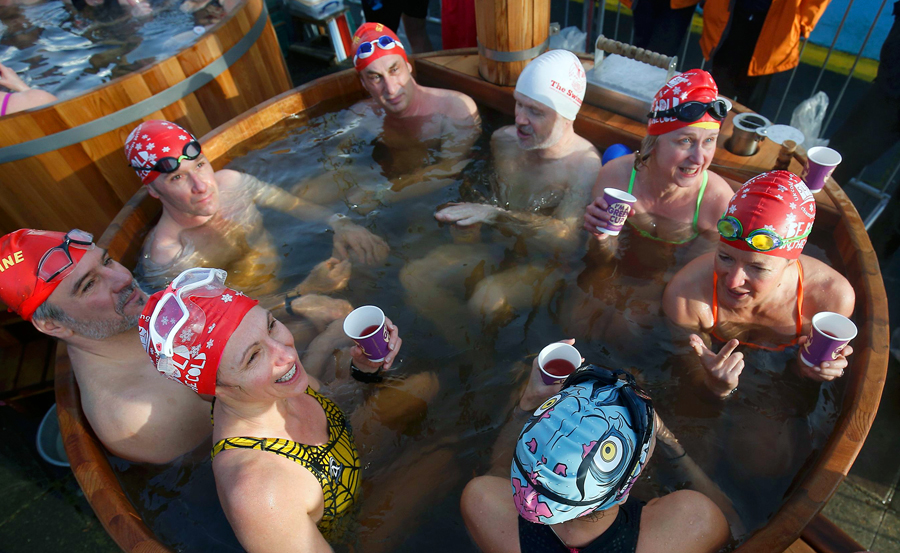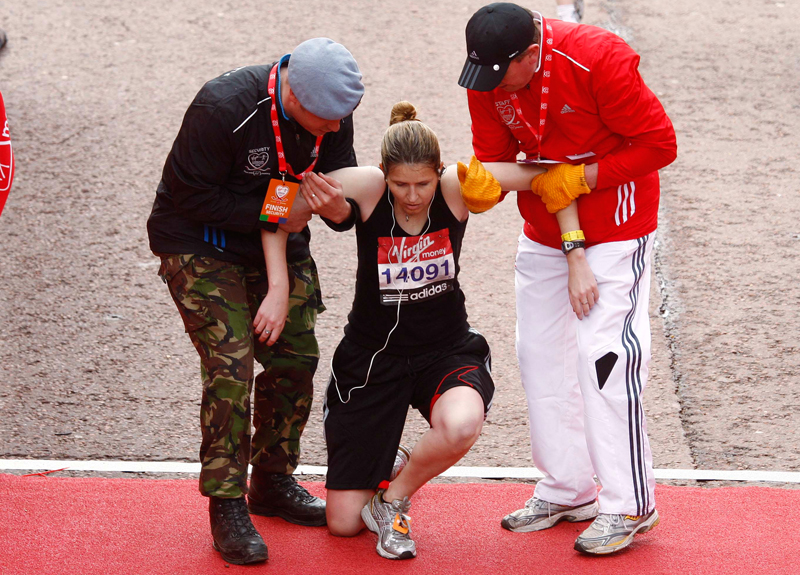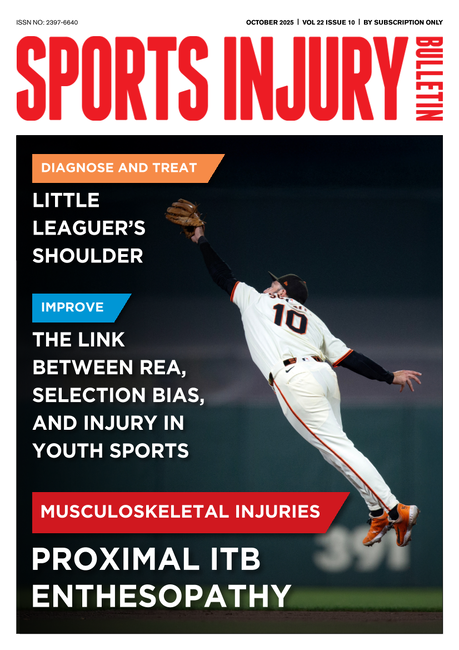Are you a master of recovery?

Probably the most common remark made by older athletes is that while performance seems to hold up reasonably well, it seems to take much longer to recover from long/hard efforts than it did. Although the mechanisms of the effects of ageing on muscle metabolism and performance are poorly understood, there’s good evidence that these sentiments are true; numerous studies have shown that that masters athletes do indeed take longer to recover from strenuous exercise – particularly exercise that produces higher than normal amounts of muscle damage (eg the pounding from downhill running, muscle breakdown following intense resistance exercise etc). An obvious question of course is whether there are any nutritional strategies that can help repair muscle damage more rapidly and accelerate recovery in older athletes – a question that recently published research has tried to address in a study on masters triathletes.
The research
To try and answer this question, scientists have researched the effect of higher than recommended post-exercise protein feeding on the recovery of quadriceps (frontal thigh) muscles following muscle-damaging exercise in masters triathletes. Eight well-trained masters triathletes (average age 52 years) completed two trials separated by seven days in a randomised, double-blind, crossover study – the most scientifically rigorous kind. These trials consisted of a 30-minute downhill run followed by an eight-hour recovery. In both trials, the triathletes were fed protein immediately after and then every two hours; however, in one trial they consumed moderate amounts of protein (0.3 grams per kilo of bodyweight) while in the other trial, they consumed much higher levels of protein (0.6 grams per kilo of bodyweight). Before and after each trial, the peak force levels of the triathletes’ quadriceps muscles were measured and their performances in a cycling time trial after each trial were also assessed.“endurance athletes who generally recover more slowly than younger athletes should pay special attention to their post exercise protein intake”
The findings
The first finding was that overall, the triathletes’ cycling time trial performances seemed to be no different between the moderate and high-protein feeding trials. What was different however was that feeding higher levels of protein accelerated quadriceps muscle recovery. When the subjects had consumed moderate levels of protein during recovery, they experienced a drop of 8.6% in peak force in the post-trial test. However, consuming high levels of protein resulted in a drop of just 3.6%. Moreover, the high-protein feeding also resulted in significantly less perceived fatigue compared to moderate protein consumption. Int J Sport Nutr Exerc Metab. 2016 Jun 10. [Epub ahead of print]PP verdict and practical suggestions
In recent years, studies on maximising recovery in endurance athletes have shown that the importance of post-exercise protein has been underestimated. What this study suggests is that older endurance athletes who generally recover more slowly than younger athletes should pay special attention to their post-exercise protein intake, especially after unusually long or strenuous bouts of exercise.- Older athletes should begin feeding protein (along with carbohydrate) immediately after training, and then at regular intervals (90-120 minutes) afterwards.
- In the early stages of recovery, a fast-releasing protein such as whey is preferable to a slow-releasing protein such as casein; tired hungry muscles are especially primed to absorb amino acids (protein building blocks) in the early stages after exercise.
- During later stages of recovery, slower-releasing proteins (for example from meat, fish, milk products etc) are fine for keeping the supply of amino acids to the muscles topped up.
- Previous research has suggested that no more than 20g of protein can be absorbed by muscles in any one feeding. This research suggests that higher amounts – possible as much as 40g – could provide additional benefits.
- If time is tight or life is complicated, and you can only manage one post-exercise protein feeding, the most beneficial will be the one immediately post exercise.
Newsletter Sign Up
Testimonials
Dr. Alexandra Fandetti-Robin, Back & Body Chiropractic
Elspeth Cowell MSCh DpodM SRCh HCPC reg
William Hunter, Nuffield Health
Newsletter Sign Up
Coaches Testimonials
Dr. Alexandra Fandetti-Robin, Back & Body Chiropractic
Elspeth Cowell MSCh DpodM SRCh HCPC reg
William Hunter, Nuffield Health
Keep up with latest sports science research and apply it to maximize performance
Today you have the chance to join a group of athletes, and sports coaches/trainers who all have something special in common...
They use the latest research to improve performance for themselves and their clients - both athletes and sports teams - with help from global specialists in the fields of sports science, sports medicine and sports psychology.
They do this by reading Sports Performance Bulletin, an easy-to-digest but serious-minded journal dedicated to high performance sports. SPB offers a wealth of information and insight into the latest research, in an easily-accessible and understood format, along with a wealth of practical recommendations.
*includes 3 coaching manuals
Get Inspired
All the latest techniques and approaches
Sports Performance Bulletin helps dedicated endurance athletes improve their performance. Sense-checking the latest sports science research, and sourcing evidence and case studies to support findings, Sports Performance Bulletin turns proven insights into easily digestible practical advice. Supporting athletes, coaches and professionals who wish to ensure their guidance and programmes are kept right up to date and based on credible science.
